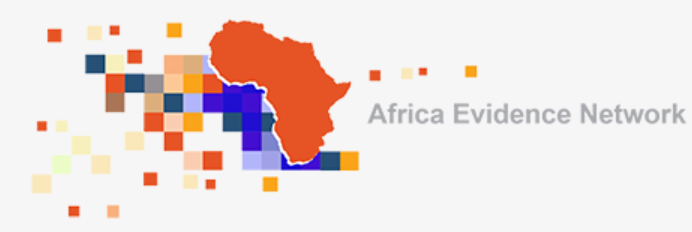
The second day of the 2014 Africa Evidence colloquium marked the advance of the researchers into the colloquium spotlight. Had the first day seen presentations from government officials on EIDM in Africa, day 2 was academia’s turn. Keynotes focused on building research capacity as well as M&E capacity in Africa. Dr Erasmus and Prof Lavis opened the day, challenging delegates not just to think about the need for capacity building, but also to think about the ‘how’ of capacity building. A practical example of such an initiative followed this opener. Dr Mitambo showcased how Malawi’s Knowledge Translation Platform aims to foster EIDM. He offered participants the first punchline of the day: ‘What can be asserted without evidence can also be dismissed without evidence’!
The second morning presentation was facilitated by the Center for Learning on Evaluation & Results (CLEAR). A set of four speakers analyzed how M&E capacity can be built in Africa. Political factors were a key consideration and speakers constructed an interesting narrative of M&E and democratisation. As on Day 1, institutionalisation of EIDM emerged as a theme with CLEAR staff outlining the danger of investing all efforts in individual rather than institutional capacity. In an interesting contrast, Dr Hercules from the Department of Planning, Monitoring, and Evaluation (DPME) in South Africa added a slight caveat citing how the DPME struggles to identify local evaluation capacity and that service providers to the department often lack crucial research skills.
After lunch, two fascinating talks by Dr Obuku and Prof Lavis focused on the real world impact of capacity building for EIDM. Dr Obuku explained how his team at the Makerere University in Uganda has started to use systematic review training to conduct reviews and to subsequently inform national policymaking. He offered delegates the policy pie diagram as a way of thinking about EIDM and ended with a strong plea that EIDM can save lives, in particular in health care policy. Prof Lavis then gave a spot on summary about evidence-informed approaches to capacity building for EIDM. There can be little excuse to base programmes that aim to increase skills to use evidence on best guesses and hunches.
Phil Davis and Martina Vojtkova wrapped up the day with an introduction to 3ie’s evidence gap map programme. Gap maps were well-received among delegates and there seems to be a large research interest in them. It was around 5pm, after 8hrs plus of discussion on evidence and policy, when Phil Davis in the final Q&A session cautioned not to overstate the importance of evidence-informed policymaking. Rather, thinking-based policy should be the EIDM community’s first point of entry. Judging from the delegates’ and social networks’ reaction, this proofed to be the big AHA moment of day 2 at #AEN2014.
Day 3 will return to the idea of research synthesis as a key tool in EIDM. Keynotes will also touch on the individual researcher’s role in supporting EIDM. Delegates should keep in mind the AEN annual general meeting and, most of all, the final gala dinner!